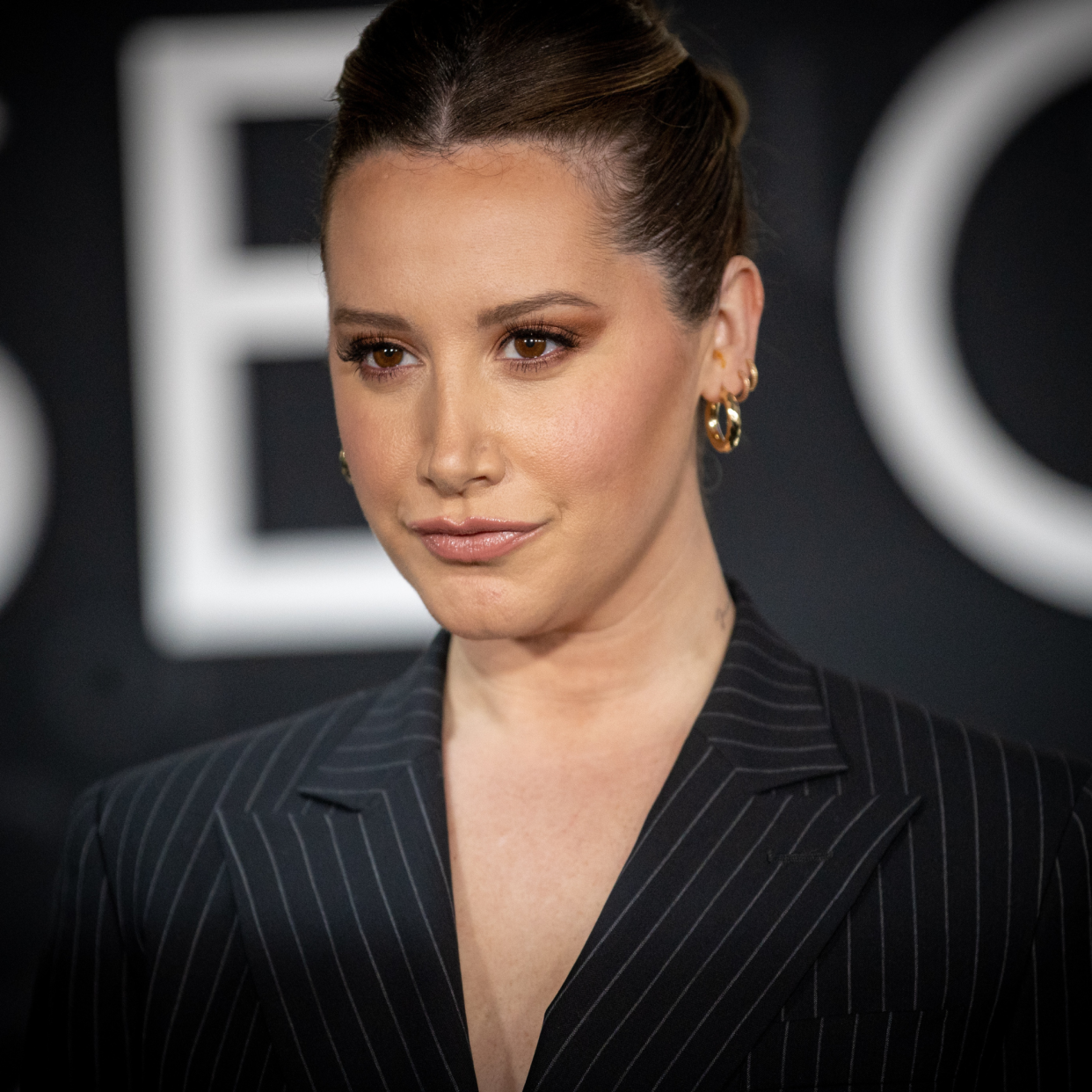Ashley Tisdale Explains How Her Experience of Alopecia Helps Her Realize She's Under Too Much Stress

Ashley Tisdale revealed in January that she sometimes experiences symptoms of alopecia (a condition that causes hair loss and affects 6.7 million Americans), and she is continuing her mission to destigmatize the autoimmune disease—as well as linking it to her mental health.
In a new interview with Wondermind, Tisdale explained how closely related her alopecia is to excess stress, and how she takes care of herself when she notices she's experiencing hair loss.
"For me, I think that a lot of the alopecia is when I'm having internal stress and I don't know it," the Being Frenshe founder said.
"I experienced it a lot [in the center of my hairline], and I experienced it behind my ear. So it is hard obviously in those moments because you're just like, Oh my gosh. What is that?
She continued, "When I'm going through something like that, I just start to realize, OK, this is a cumulative stress that's been happening for a while, so I really need to stay on top of my meditations.
"I've gone through postpartum hair loss and all of that stuff, so I'm no stranger to it. But the alopecia started when I was 25, I think."
As for how she deals with it, Tisdale said, "I always try to dig deeper to find out what else is going on emotionally and try to start there. And to be honest, when my alopecia comes back, it's very minimal. … It’s just more of a warning sign for me to really shift things."
In January, Tisdale opened up about her alopecia on social media and on her lifestyle platform Frenshe. "Sometimes it’s connected to hormones, other times to heredity, and for me, it’s connected to stress overload," she wrote at the time.
A post shared by Ashley Tisdale
A photo posted by ashleytisdale on
Speaking to Wondermind, Tisdale also got candid about dealing with anxiety and depression at various points throughout her life, and about how much she internalizes a lot of this.
"But a lot of the stuff that I would feel was really debilitating [and made me feel] just shut down in my body," she explained.
"It is an internal thing for me. People always say I'm very calm and they don't realize that I'm suffering from anxiety. Mine is more of a quiet internal thing. Maybe how I grew up with being a performer was to just internalize it and not show everybody what I'm experiencing."
The High School Musical alum also shared her difficult experience with postpartum mental health, and that these days, she's doing overall pretty well. What helps her most, she said, is meditation, therapy, unplugging, and being in nature as often as she can be.


